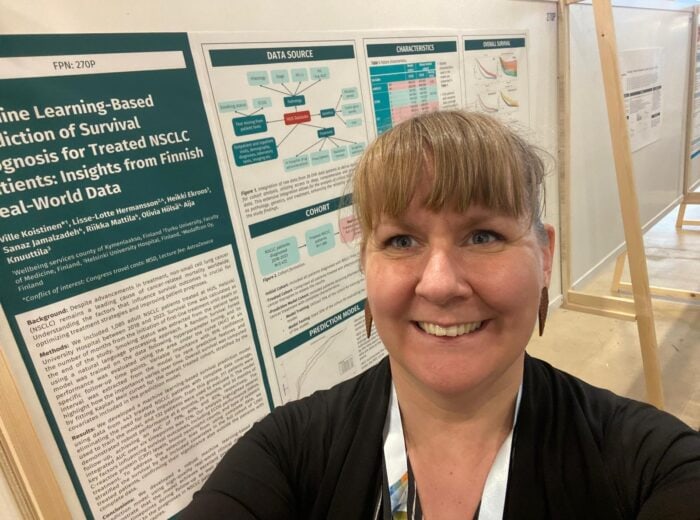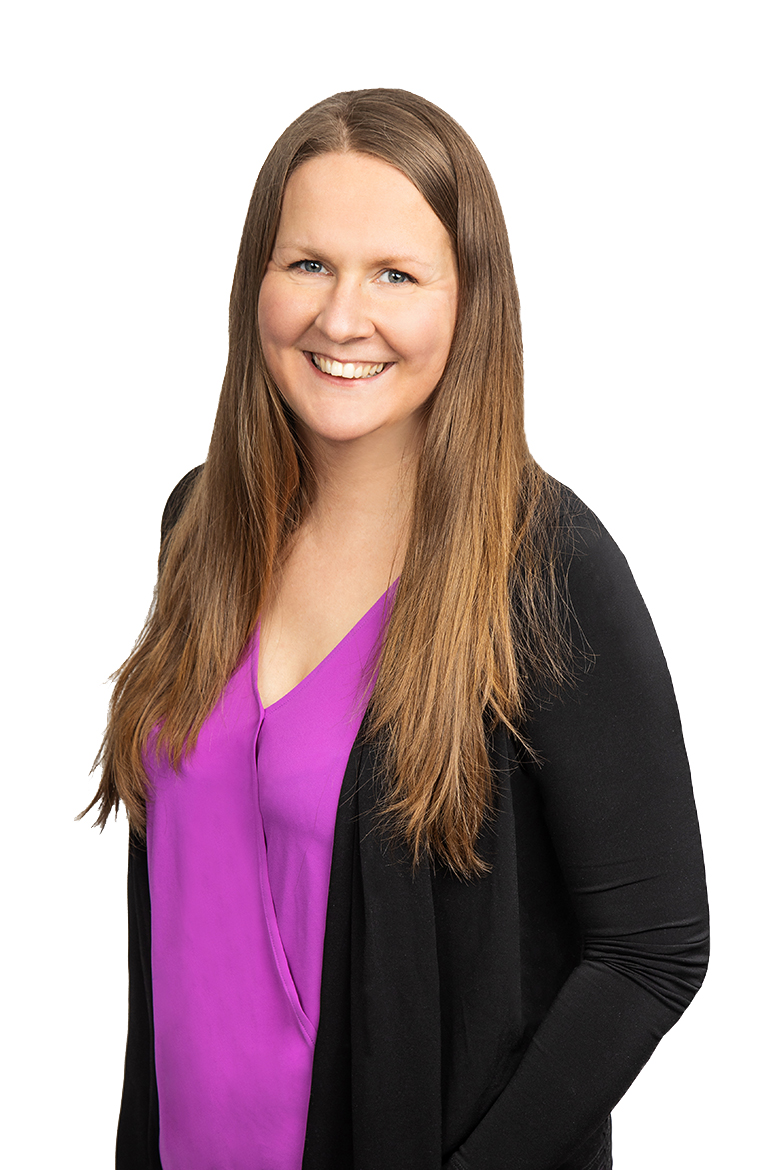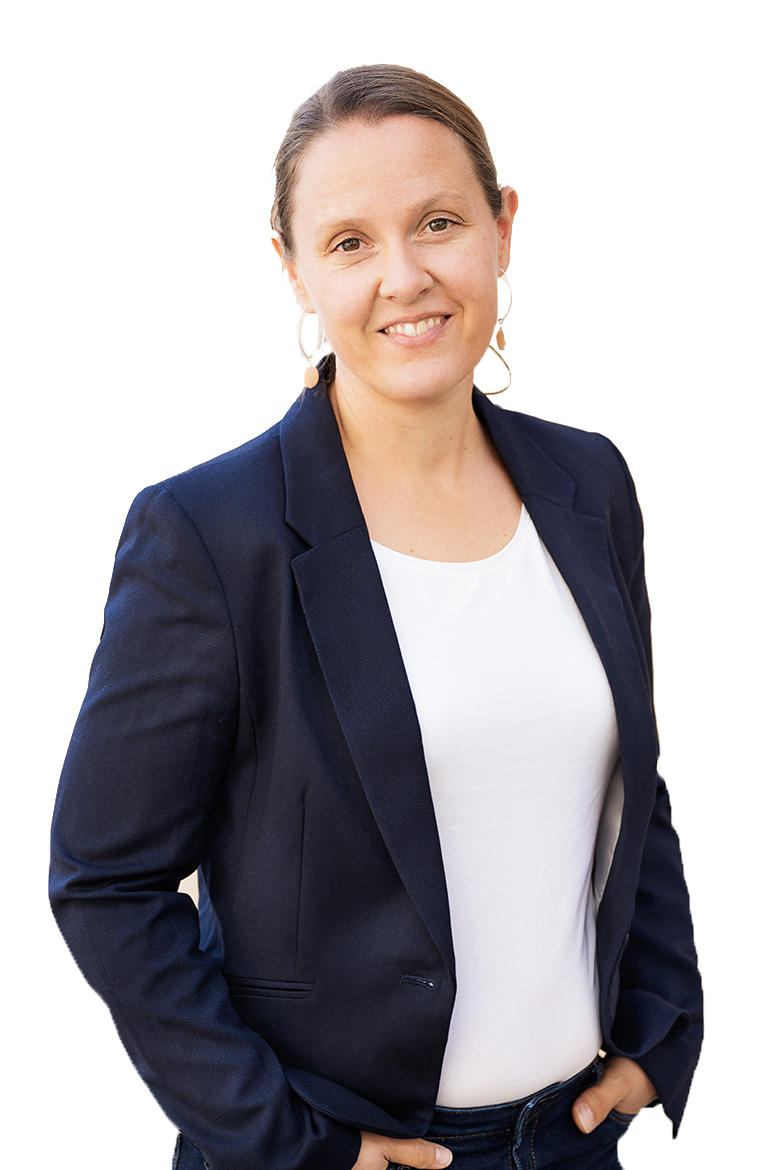Medaffcon Presented Insights from Finnish Real-World Data at European Lung Cancer Congress
Medaffcon's European Lung Cancer Congress (ELCC) poster showcased key findings from a recent study on non-small cell lung cancer (NSCLC).
Hospital data lakes are a central source of information in Medaffcon’s studies, and often, data retrieval can be automated. However, what happens when more complex matters need to be extracted from the databases? In such cases, manual extraction is used, says Medaffcon’s Scientific Advisor, Riikka Mattila.
When data retrieval cannot be automated due to diverse sources, manual extraction provides the practical solution.
A good example of manual extraction is a Real-World Evidence (RWE) study published last fall, examining the effectiveness of treatment for ulcerative colitis. The study involved 23 Finnish IBD centers specializing in the treatment of ulcerative colitis.
According to Mattila, all the information retrieval was done manually. In each hospital, a clinical specialist extracted data from patient records manually and recorded them on a separate research form. The study sought variables describing symptoms and the severity of the disease.
“In Finland, there are four data lakes: in Helsinki, Tampere, Kuopio, and Turku. If information is needed from other hospitals, databases are not available, and the information must be retrieved manually. That’s how it was in this study,” Mattila explains.
According to Mattila, data lakes allow for the automatic extraction and mathematical analysis of numerous pieces of information, particularly when dealing with straightforward variables like hemoglobin.
“However, when collecting for example complex symptoms, they cannot be automatically extracted from the data lake. For instance, there might be a diagnosis where the doctor has included symptoms. In such cases, a person must retrieve the information,” says Mattila.
She explains that in Finland, this type of registry study is technically similar to other registry studies, even though information is retrieved from patient records. Since the study is a registry study and not a clinical trial, it does not require approval from an ethical board. The approval process is therefore lighter.
“In other countries, retrieving information directly from patient records can be challenging. In Finland, such research only requires permission from Findata or the data controller. This falls under the Act on Secondary Use of Health and Social Data,” Mattila points out.
Medaffcon conducted research on the effectiveness of tofacitinib in the treatment of ulcerative colitis in collaboration with Pfizer and Finnish gastroenterologists. Mattila, along with Biostatistician Iiro Toppila and Data Scientist Olivia Hölsä, comprised the team from Medaffcon. They are part of the Data and RWE teams with a total of 15 experts.
Mattila joined Medaffcon three years ago. In her role, she primarily conducts RWE studies. She has extensive experience in various therapeutic areas, with about 15 years of research experience, including three years at the Max Planck Institute in Germany.
“What’s interesting in my current role is that I get to do science. And there’s a great atmosphere at Medaffcon,” Mattila shares.
Medaffcon, founded in 2009, is a Nordic research and consulting company specializing in Real-World Evidence, Medical Affairs, and Market Access. With offices in Stockholm, Sweden, and Espoo, Finland, we provide expert services across the Nordic region. Our services combine strong medical and health economic expertise with modern data science.
The company employs some 30 experts. Since 2017, Medaffcon has been a subsidiary of Tamro Oyj and is part of the PHOENIX group, which is a leading provider of healthcare services in Europe.

Medaffcon's European Lung Cancer Congress (ELCC) poster showcased key findings from a recent study on non-small cell lung cancer (NSCLC).

Johan Rehnberg started working as a Scientific Advisor at Medaffcon’s Swedish office in August 2024. He is a dynamic researcher who values opportunities to learn new things and develop his skills – opportunities that Medaffcon provides.

The algorithm was originally developed to extract smoking status from patient texts with purpose to analyze the effects of smoking on postoperative complications. Today, it is also being utilized in lung cancer research.

Scientific Advisor
PhD
Riikka joined Medaffcon in February 2021. She has a wide-ranging experience from different therapy areas from atherosclerosis and birth asphyxia to neurodegeneration. She has more than 15 years of experience in research, three of which in Max Planck Institute in Germany. Her PhD thesis from 2011 focused on cholesterol metabolism.
Riikka’s strenghts include broad know-how and interest in diverse therapy areas, as well as enthusiasm and experience in both written and verbal scientific communication. At Medaffcon she enjoys varied projects and effectiveness of research.
Real world evidence fascinates Riikka because there is so much data, and more accumulating all the time, and most of this data is unused. There is potential for findings to support clinicians and the pharmaceutical industry, as well as alleviate the lives of patients. She is also happy that decisions in health care are increasingly evidence based.

Sr. Scientific Advisor
RWE Lead
PhD
+358 50 345 2393
mariann.lassenius@medaffcon.com
Mariann joined Medaffcon’s team in 2016 after finishing her PhD. The transition to real world evidence (RWE) research was a natural continuum to her previous research career. Through RWE studies, she has had the privilege to gain a broad insight into working with different stakeholders within the healthcare field. The vast proportion of her days goes towards interacting with clients, planning and performing RWE studies, and supporting Medaffcon’s RWE team. Subjects that keep her work interesting are the vast variability of customers and projects, problem-solving, and interacting with people.
“The number of RWE studies has increased since stakeholders within the healthcare industry have an increasing demand for knowledge-based decision making tools that need to be fulfilled. The future, therefore, has an ever-increasing emphasis on RWE”.